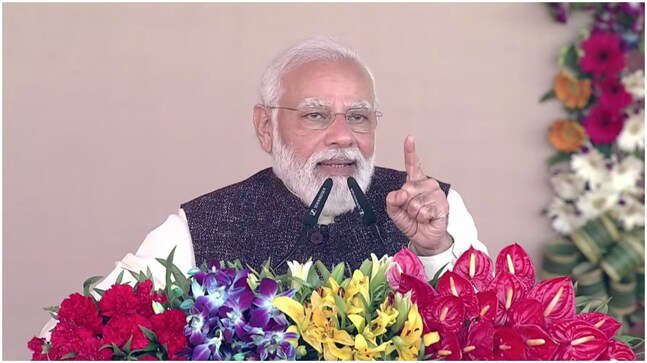India is in the midst of wide-ranging tectonic geopolitical and geo-economic changes in West Asia and the Arabian Peninsula. New opportunities are being created and New Delhi is well positioned to take advantage of them. However, this is neither accidental nor a twist of fate.
Since taking office in 2014, Prime Minister Narendra Modi has torn apart old shibboleths and spent massive amounts of diplomatic capital to strengthen partnerships, new and old. He has actively engaged with key actors in the Arab Gulf region. The last few years have seen civilizational links with the Gulf transform into strong strategic and economic ties and traditional ties in the areas of defense and security have expanded rapidly.
India’s careful navigation of regional disputes through an unobtrusive and non-partisan approach has earned praise and strengthened New Delhi’s role as a stakeholder in regional stability. The friendship that the Modi government has accumulated has not gone unnoticed by Washington.
As it battles accusations of withdrawal and disinformation from the Middle East after decades of heavy diplomatic upheaval, and its role gradually shifts from security provider to “offshore balancer” (as noted by Professor Stephen M. Walt and scholar Mohammad Soliman variously noted), the United States needs a new grammar to engage with this region, and India stands out as an ideal partner in this endeavour.
On May 7, US National Security Advisor Jake Sullivan met his Indian counterpart Ajit Doval in Saudi Arabia and UAE NSA Sheikh Tahnoon bin Zayed Al Nahyan. He was hosted by Saudi Prime Minister and Crown Prince Mohammed bin Salman (MbS).
According to a White House readout, the discussions among the latest West Asian ‘Quad’ members were, as it were, focused on advancing a “shared vision of a more secure and prosperous Middle East region engaged with India and the world”.
Buried in diplomacy is an important development with far-reaching consequences. Reports indicate that an idea that germinated during the I2U2 (India, Israel, UAE, US) Forum meetings over the last 18 months is about to come to fruition.
This included, inter alia, an ambitious initiative led by Washington to link the Arab countries in the Levant and the Gulf through a major infrastructure project including a substantial and in-depth network of railways, sea lanes, ports and roads in the Indian subcontinent is included. To harness New Delhi’s expertise in pulling off such complex ventures.

